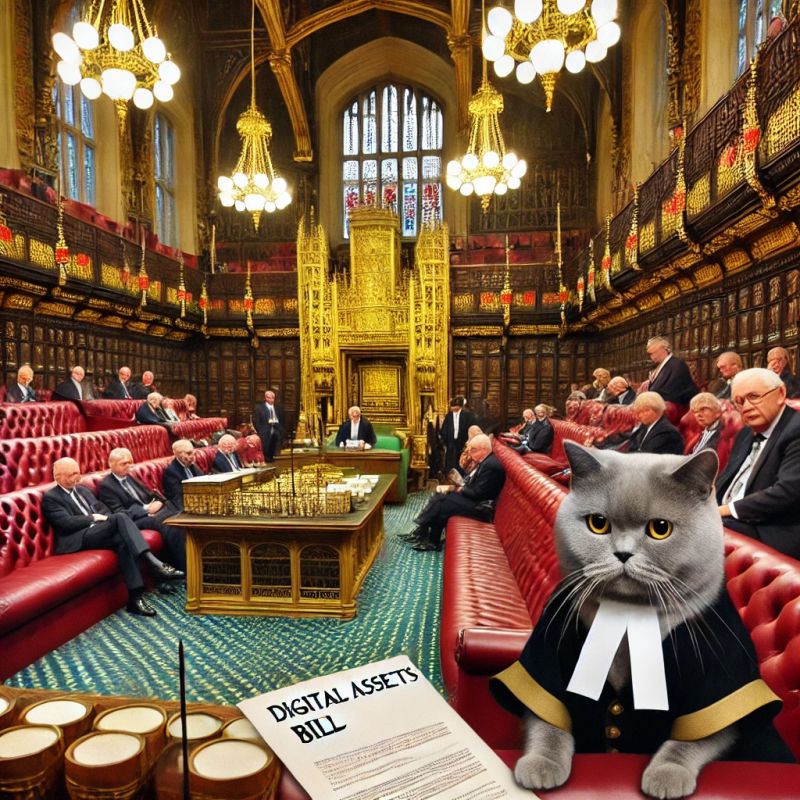
Latest in the D’Aloia Case
Learn more
October 24, 2023
Last Updated: August 29, 2024

HMRC employs various methods to detect undisclosed income, with one of the key tools being their advanced software system known as Connect. This system sifts through vast amounts of data, identifying any irregularities that might suggest tax evasion, prompting potential investigations.
If HM Revenue and Customs uncovers unreported income that’s subject to taxation, you could face additional charges such as interest and penalties on top of your tax liability. In more severe instances, there’s even a risk of prosecution and imprisonment.
Please be aware that this guidance pertains to individuals and doesn’t cover corporate entities or VAT matters.
HMRC actively seeks out unregistered businesses and undeclared or under-declared income using a variety of sources, including online searches, door-to-door inquiries, tips from the public or relatives, data from other government departments, and investigations into other businesses, among others.
Their advanced software, Connect, plays a pivotal role in this process by analyzing extensive data to detect patterns, connections, and inconsistencies that may signal potential tax evasion. HMRC also possesses robust information-gathering powers, allowing access to details such as debit and credit card transactions and online sales records.
While the situation is undoubtedly serious, taking the initiative to disclose the situation to HM Revenue and Customs promptly offers several advantages:
Voluntary Reporting: Reporting the situation voluntarily before HMRC becomes suspicious is less likely to result in prosecution.
Cooperation: Disclosing your income and fully cooperating with the ensuing investigation or inquiry can help reduce potential penalties.
Tailored Agreements: HMRC often strives to reach an agreement regarding your outstanding tax that aligns with your ability to pay.
If you’ve received a letter from HMRC indicating suspicion of tax fraud, you should explore the guidance provided on their website under ‘admitting tax fraud’ at [HMRC Website Link]. Completing a Contractual Disclosure Form could potentially help you avoid prosecution, but it’s advisable to seek professional advice before doing so to ensure your disclosure is comprehensive and accurate.
HM Revenue and Customs (HMRC) wields extensive authority to uncover information necessary for income taxation enforcement, including access to your bank account. While not all information sources that feed into HMRC’s Connect system are disclosed, here are several key sources:
Other Government Departments and Agencies: Information from entities like DVLA, DWP, the Land Registry, Border Agency, Companies House, electoral records, and council tax records.
Tax Returns: Inclusive of various tax return types such as income tax, value-added tax (VAT), corporation tax, and PAYE.
Financial Records: Data from bank and building society accounts, online payment providers, debit and credit card accounts, credit reference agencies, crypto asset platforms, and insurance companies.
Global Strategy Data: Information concerning your financial situation in other countries, obtained through the common reporting standard, part of a global strategy to combat tax havens.
Online Marketplaces: Monitoring of online sales platforms like Amazon, eBay, Airbnb, as well as property websites such as Rightmove and Zoopla.
Social Media Presence: Examination of content shared on social networking sites like Facebook, Instagram, LinkedIn, Twitter, and other similar platforms.
Even seemingly peripheral information sources play a role in assisting HMRC in identifying undeclared income and recovering owed tax revenue. Details from sources like flight sales, passenger manifests, the Charities Commission, and Google Earth may contribute to building cases against individuals attempting to conceal parts or the entirety of their income.
Receiving a letter from HMRC, notifying you of a tax fraud investigation, can occur due to various triggers. These triggers may include inconsistencies in your tax return, tips provided by informants, HMRC industry scrutiny, or issues detected through the Connect system.
In the event that you become the subject of a compliance check, seeking professional assistance promptly is crucial. While it’s possible that this might be a peculiar anomaly with no case to answer, attempting to navigate an HMRC investigation on your own is not advisable. Even if your accounting records are well-maintained through FreshBooks’ accounting software and you haven’t intentionally attempted to evade tax payments, it remains prudent to have your accountant thoroughly review all intricate aspects of your financial situation.
If you currently have unreported income, seeking professional assistance immediately is essential. The sooner you inform HMRC about undeclared income, the more favorable the outcome for you. For instance, if you proactively approach them before any suspicion arises, the likelihood of facing prosecution diminishes.
The government’s aim is to ensure all income is declared and the corresponding taxes are collected. Individuals subject to investigations for unreported income will potentially incur penalties and be required to settle the outstanding taxes. HMRC can review records dating back up to 20 years in cases of deliberate tax evasion. However, HMRC may collaborate with taxpayers to facilitate repayments based on their income levels. The primary focus is recovering the owed taxes, and prosecution typically represents the final step in a more extensive process.
Nonetheless, prosecution is less likely to occur if:
Once you inform HMRC about unreported income, an HMRC inspector will be assigned to your case. These inspectors are specially trained to handle tax enquiries, and they will typically request the following:
HMRC might also propose a meeting to discuss your undeclared income case. Subsequently, your case will follow a standard self-assessment enquiry process. You can seek more detailed information about this from your tax professional or accountant.
It’s important to note that HMRC’s ability to review your tax history ranges from 4 to 20 years, depending on the circumstances. If you’ve taken reasonable care in submitting accurate returns, HMRC will investigate the past 48 months. However, if there’s a failure in this regard, the review period extends to 6 years. In cases of deliberate undeclared tax liability or failing to notify liability, HMRC has the authority to review records spanning up to 20 years.
In conclusion, it’s essential to understand that fulfilling your tax obligations, whether related to crypto gains or any other income, is both a moral and legal responsibility. Neglecting your tax liabilities can lead to substantial fines and legal complications. Therefore, it’s crucial to maintain accurate records of your financial activities.
By adopting a thoughtful and strategic approach to taxation and seeking crypto tax advice from the Crypto Tax Degens community, you can optimise your returns while mitigating potential risks. Remember that transparency and compliance are key in navigating the complex landscape of undeclared income and taxation.

Andy has a breadth of experience as a Barrister and as a Chartered Tax Advisor, which means he comes into the crypto space with expertise he can't wait to share.
Learn more"*" indicates required fields
Want to join the community? View our range of packages with exclusive perks!
It’s not complicated. The best way to avoid bagholding is by staying informed. The best way of staying informed is by listening to the expert.
Andy has a wealth of experience and knowledge designed to help you navigate the crypto tax world, whether you’re in a bull run, sitting on uncomfortably large profits, or planning for the next halving.
Exclusive access
Exclusive access to one of the brightest minds in Crypto
Expert advice
Expert advice on preserving wealth, estate planning, wills, and so much more
International network
Connections to an international network of professional tax advisors

October 12th, 2024

September 12th, 2024

August 20th, 2024

August 2nd, 2024

June 17th, 2024

April 24th, 2024

April 4th, 2024

March 20th, 2024

March 20th, 2024

March 20th, 2024
Got a question or query about our community? Reach out now and we will get back to you soon.
"*" indicates required fields





